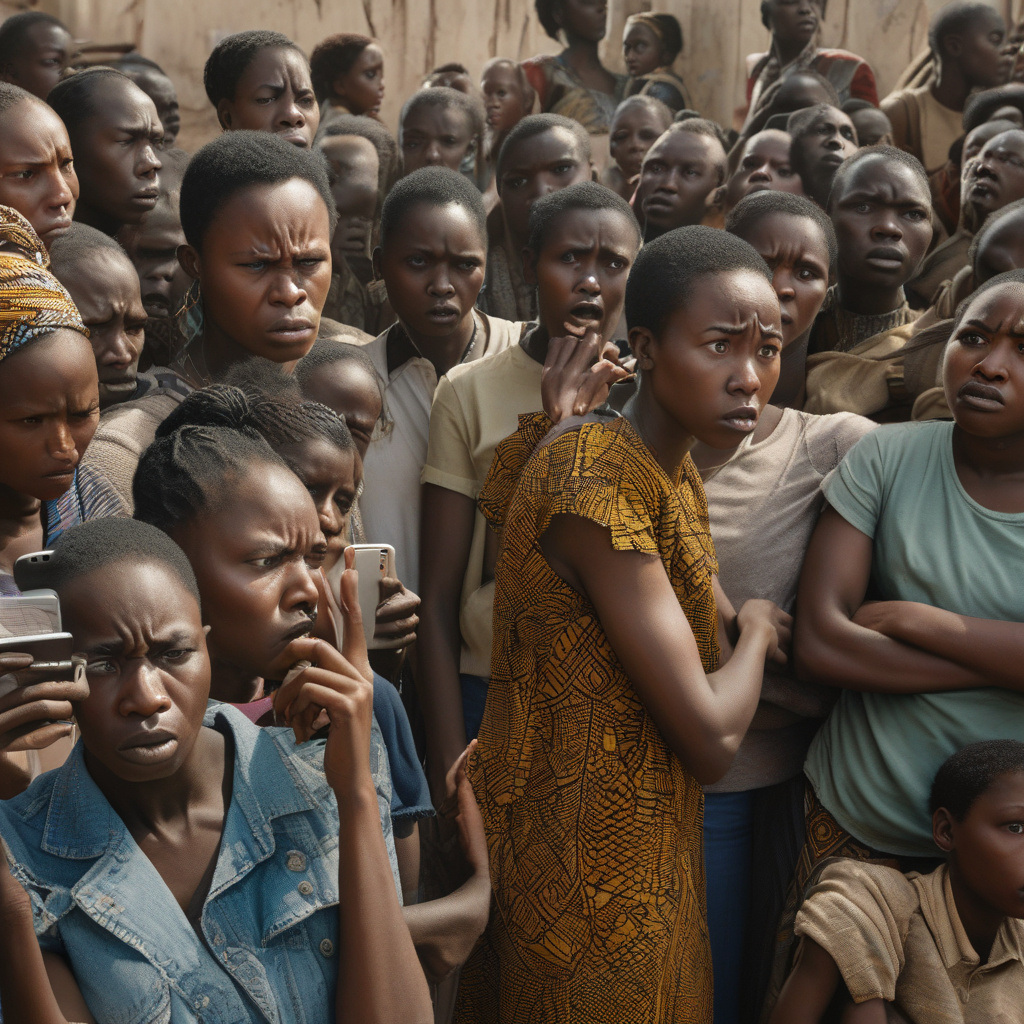Internet Shutdowns Surge in Africa Despite Human Rights Concerns
In an era where connectivity is deemed essential for progress and development, a concerning trend is emerging across the African continent. The issue of internet shutdowns, often justified under the guise of national security or public safety, is on the rise, sparking debates about the implications for human rights and democratic freedoms. According to recent data, Africa experienced a staggering 21 blackouts in 2024 alone, marking the highest number of internet shutdowns in a single year on the continent.
The surge in internet shutdowns in Africa is part of a global phenomenon that has seen governments increasingly resort to cutting off digital access as a means of controlling information flow and stifling dissent. While these shutdowns are often temporary and targeted at specific regions or during sensitive periods such as elections or protests, their impact reverberates far beyond the duration of the blackout.
One of the primary concerns raised by human rights advocates is the violation of the right to freedom of expression. In a digital age where online platforms serve as critical channels for communication and expression, denying individuals access to the internet amounts to silencing their voices and limiting their ability to participate in public discourse. This restriction not only undermines democratic principles but also hinders social and economic development.
Moreover, internet shutdowns have significant implications for businesses and the economy at large. In an increasingly digitalized world, many enterprises rely on the internet to conduct their operations, communicate with customers, and access global markets. When governments disrupt internet services, businesses suffer disruptions, financial losses, and reputational damage. This, in turn, creates a climate of uncertainty that can deter foreign investment and impede economic growth.
The case of Africa, with its diverse socio-political landscape and varying levels of digital infrastructure, highlights the complex challenges posed by internet shutdowns. While some shutdowns may be implemented with the intention of maintaining stability and security, their indiscriminate nature often results in collateral damage to businesses, civil society organizations, and ordinary citizens who rely on the internet for their daily activities.
To address this growing concern, it is crucial for governments, civil society, and the private sector to work together to find sustainable solutions that balance national security interests with respect for human rights and democratic values. Transparent and accountable governance, clear legal frameworks, and robust digital infrastructure are essential components of a strategy to prevent arbitrary internet shutdowns and protect the fundamental rights of all citizens.
In conclusion, the surge in internet shutdowns across Africa despite human rights concerns underscores the urgent need for a coordinated response to this growing threat to freedom of expression, economic prosperity, and democratic governance. By prioritizing the protection of digital rights and fostering an open and inclusive online environment, African nations can harness the power of the internet to drive innovation, empower their citizens, and build a more resilient and prosperous future for all.
internet shutdowns, Africa, human rights, digital repression, democratic freedoms












